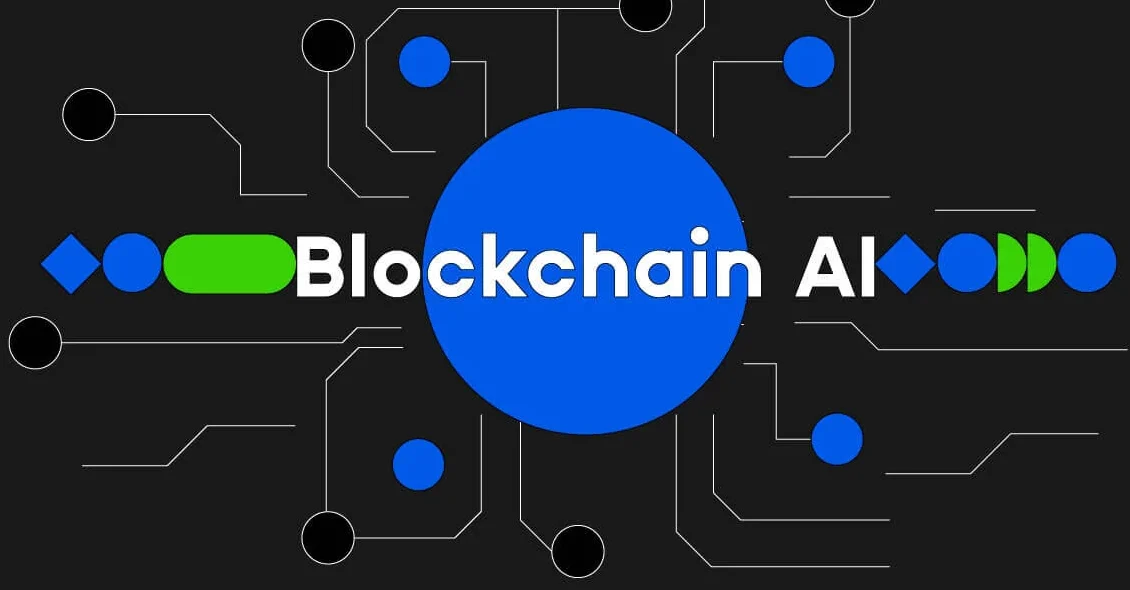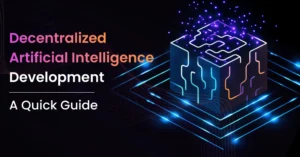In an increasingly data-driven world, ensuring the accuracy, integrity, and transparency of data is more critical than ever. Artificial Intelligence (AI) systems, particularly in sectors such as healthcare, finance, and supply chain management, rely heavily on accurate, high-quality data to make decisions. But how can we ensure the integrity of this data, especially when it is distributed across different platforms, and how do we make the decision-making process transparent?
Enter blockchain technology—the decentralized, immutable ledger that has the potential to transform the way AI systems handle and interact with data. In this post, we explore how blockchain can enhance the transparency, security, and integrity of AI systems, particularly in industries where data accuracy is critical.
The Challenge of Data Integrity in AI
AI systems rely on large datasets to learn, adapt, and make predictions. However, one of the fundamental challenges facing AI is ensuring the integrity of the data it consumes. Inaccurate or manipulated data can result in biased, unreliable, or even harmful outcomes, especially in sectors like healthcare (where AI might be used to diagnose diseases) or finance (where AI could be used to detect fraud or make investment decisions).
Moreover, AI systems often operate as black boxes, meaning the decision-making process is not easily understood by humans. This lack of transparency can lead to mistrust in AI-generated outcomes, particularly when they affect important areas such as medical diagnoses or financial transactions.
Blockchain for Data Integrity
Blockchain’s immutability—the property that makes it impossible to alter or tamper with the data once it’s recorded—can provide a solution to these issues. By using blockchain to track the provenance of data, we can ensure that AI systems are only using trustworthy, verified data sources. Blockchain can record every change made to a dataset, including the identity of those making the changes, providing a transparent and auditable trail of data.
For example, in healthcare, a blockchain-based system could record every step in the data lifecycle, from data collection and preprocessing to its use by an AI system for diagnosis or treatment recommendations. This ensures that the AI has access to high-quality, unaltered data, and allows stakeholders (doctors, patients, regulators) to verify that the data has not been tampered with.
Blockchain and AI Transparency
Transparency is another area where blockchain can make a significant impact. AI systems, especially deep learning models, are often criticized for being “black boxes” because it is difficult to understand how they arrive at specific decisions. Blockchain can help bring more transparency to AI by recording not just the data but also the model’s decision-making process.
For instance, blockchain could record the inputs, weights, and transformations within an AI model, allowing users to trace how data is processed and how a decision was reached. This transparency could be particularly useful in sectors like finance or law, where stakeholders need to understand why an AI made a particular recommendation or decision.
The Role of Smart Contracts in AI Transparency
In addition to data integrity, blockchain-enabled smart contracts can further improve the transparency and governance of AI systems. Smart contracts are self-executing contracts with the terms of the agreement written directly into code. These contracts can be used to automate processes within AI systems, ensuring that AI models behave according to predefined rules and that the execution of these rules is transparent and auditable.
For example, in an AI-powered lending system, a smart contract could ensure that the AI model’s decision-making process for loan approval is based on verifiable, pre-established criteria, and stakeholders can verify that the model adheres to these criteria.
Conclusion
The combination of AI and blockchain has the potential to radically improve data integrity, transparency, and security. Blockchain can ensure that AI systems are using trustworthy, unaltered data, while also enhancing the transparency of AI decision-making processes. As industries like healthcare and finance increasingly turn to AI for critical decision-making, the role of blockchain in ensuring the integrity and transparency of AI systems will only continue to grow.
Disclaimer: The views expressed in this blog are based on current research and technological trends. Blockchain and AI technologies are still evolving and carry implementation risks.




